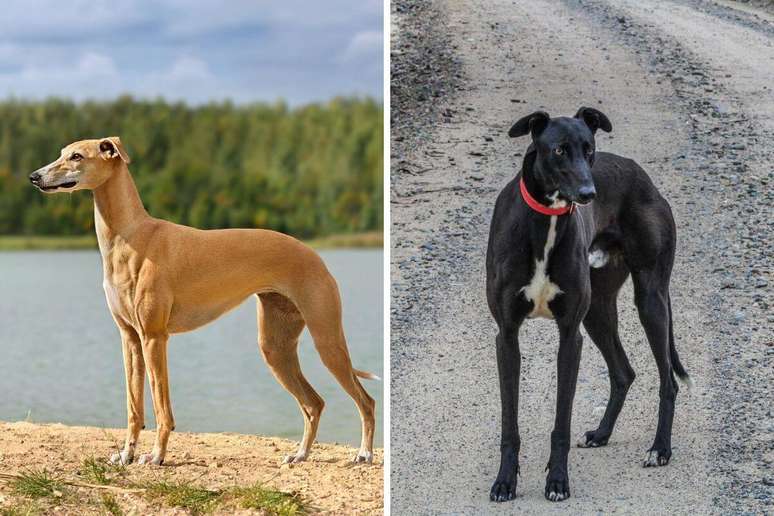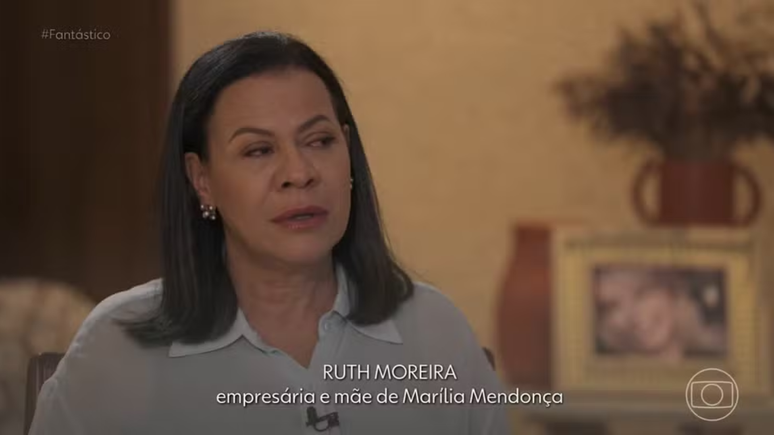Scientists are discovering the mechanisms underlying aging; Understand what this can mean in practice
At the beginning of the 20th century, life expectancy in the United States was 47 years. Currently, medical advances, such as vaccines and antibiotics, and public health initiatives have taken him to 77 years – and 73 years worldwide. (In Brazil, in 1940, life expectancy was 45.5 years. In 2022, it jumped to 75.5 years.)
While health conditions and systemic barriers, such as socioeconomic inequities and environmental conditions, influence life expectancy, researchers are finding that through lifestyle modifications and precision medicine, there are ways to combat the mechanisms underlying the disease. aging to help people live longer, healthier lives.
“The medicine of longevity “Healthy is no longer science fiction,” said Andrea Maier, professor of medicine and functional aging at the National University of Singapore and founding president of the Society for Healthy Longevity Medicine. Fortune during the Longevity Investor Conference held in Gstaad, Switzerland, last month. “We know why we age. And we know how to intervene.”
The idea that we play a role in how we age has led to a proliferation of biohackeror longevity optimists, confident that they will live 150 years – or even longer – because they are willing to try the latest interventions to optimize health. Kayla Barnes, CEO of LYV Wellness, a Los Angeles-based longevity clinic, previously said Fortune who hopes to live 150 healthy years with her husband. Bryan Johnson, businessman he became biohackerHe doesn’t have an age goal, but he wants to preach his “don’t die” motto for as long as possible.
But how long will it be possible to live, according to available science?
How long can we expect to live?
People under 50, who will have more time to benefit from new research, therapies and interventions, can probably expect to live to 100, estimates internal medicine doctor Evelyne Bischof. oncologist and vice president of the Society for Healthy Longevity Medicine.
Alina Su, a senior researcher at UC Berkeley’s Conboy Laboratory and a doctoral candidate in biomedicine at Harvard, is even more hopeful.
“Living well beyond 100 – potentially even beyond 120 – is not just a dream. It can be a reality for those who are serious about optimizing their health,” says Su, co-founder of Generation Lab, a technology company precision medicine. “With the rapid pace of innovation in anti-aging research, we are seeing new therapies and modifications genespersonalized medicine and other things that will push the limits of human life.”
One of the world’s leading geneticists, Nir Barzilai, director of the Institute for Aging Research at the Albert Einstein College of Medicine, said Fortune that, while we cannot predict society’s potential longevity, maximum human life expectancy is currently around 115 years (the woman considered the world’s oldest person died at age 122 in 1997).
Barzilai explains that the expansion of this life expectancy depends on the effectiveness of aging research that emerges in the coming decades.
“Aging breeds age-related diseases. So it’s important to stop aging and so we want to spend our time treating health rather than spending our time curing a disease,” says Barzilai, who is also a member of the board of the American Federation of Aging Research. (DISTANT). “We know that we can slow down aging (…). It will all depend on research funding.” He emphasizes that educating people about forms of intervention will make a difference in prolonging life.
Barzilai says that to live past 100 today, you need to follow basic guidelines on exercise, nutrition and stress management, while also keeping an eye on advances in the science of longevity, which he says is a combination of medical precision , artificial intelligence and gerotherapy interventions or drugs attack the processes underlying aging.
However, Barzilai, Evelyne and Andrea, who are working to create standards in the field of longevity medicine, say The most important thing is not how long you live, but how you live.
“The question is: will we live to be 100 years old in good health, or will the last 20% have a significant decline in function?”, asks Evelyne, who also spoke at the Longevity Investors Conference. The biggest imperative is to close the gap between health and life expectancy, he adds.
Health optimizers
People who want to substantially prolong their lives and close the gap between health and life expectancy should treat their body like a “cutting-edge sport,” says Andrea. “I really think we shouldn’t treat our body like a photograph, but rather like a story, and the story can only be written if you have more words, which means you should always examine your body,” she says.
The expert praises the growing field of precision geromedicine (therapy to fight aging based on biomarkers and a person’s genetic makeup), which requires testing and monitoring to influence habits. Some of the most common types of monitoring include using a glucose monitor, a sleep tracker, and an activity monitor.
Currently, the life-extension trend is limited to those who have the time and financial resources to pay out-of-pocket for sophisticated tests, wearable devices and longevity clinic memberships.
“For the population currently under 50, the key is how much they are willing to invest in their health now. The more proactive these people are, the more years they are likely to add to their life,” informs Alina. “Essentially, we are entering an era where personal health choices can lead to very different outcomes. The decision to optimize health today could mean the difference between a standard life expectancy and a prolonged, vibrant life well beyond the 100 year barrier.”
Matthew Pywell, founder of the Apex Medical Academy, which educates healthcare professionals about prevention and healthy aging, says that while we know it is possible to reach the 120-year mark as a species, the question will be how to provide longevity interventions to people. masses, and not just for the 1%.
Those on the front lines of longevity equity are seeking to introduce healthy aging innovations into health systems and meet people where they are, although it is clear that there is still a long way to go to ensure that medicine of longevity does not exacerbate existing inequalities.
“Many clinics are private. Now we understand that we need to educate not only doctors, but also all other healthcare professionals. We need to educate lay people and then bring this new model of medicine into clinical care to really change the trajectory of medicine. health [de mais pessoas]”, concludes Andrea. / TRANSLATION BY RENATO PRELORENTZOU
Source: Terra
Ben Stock is a lifestyle journalist and author at Gossipify. He writes about topics such as health, wellness, travel, food and home decor. He provides practical advice and inspiration to improve well-being, keeps readers up to date with latest lifestyle news and trends, known for his engaging writing style, in-depth analysis and unique perspectives.









